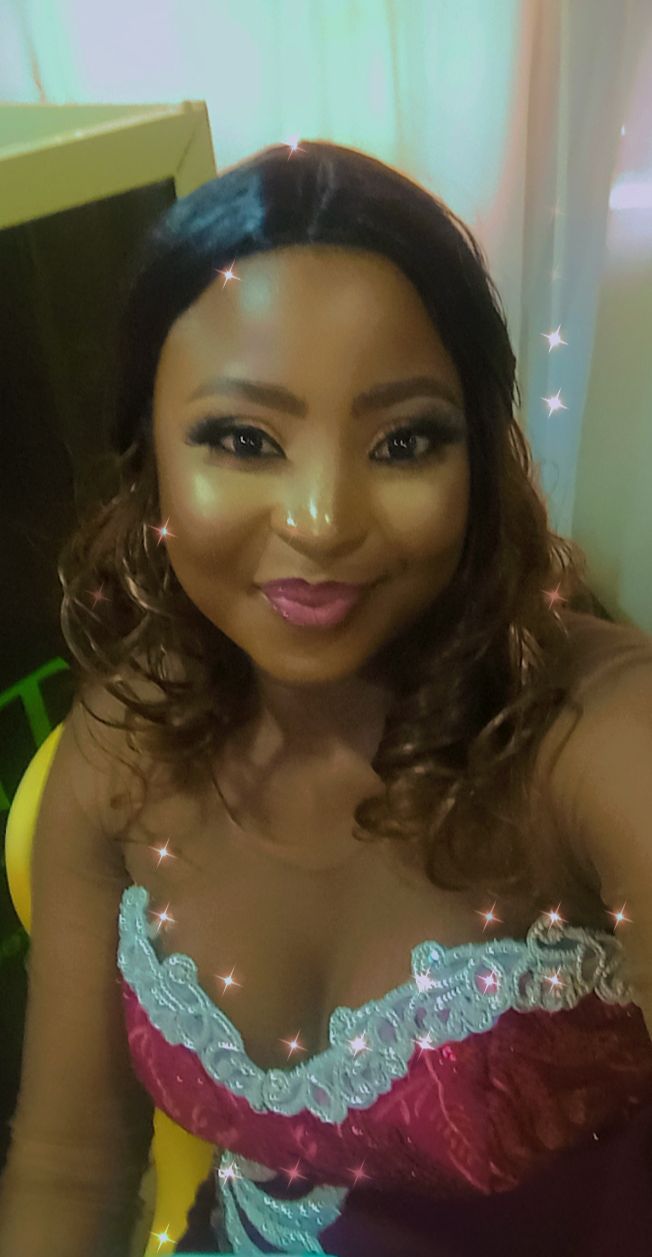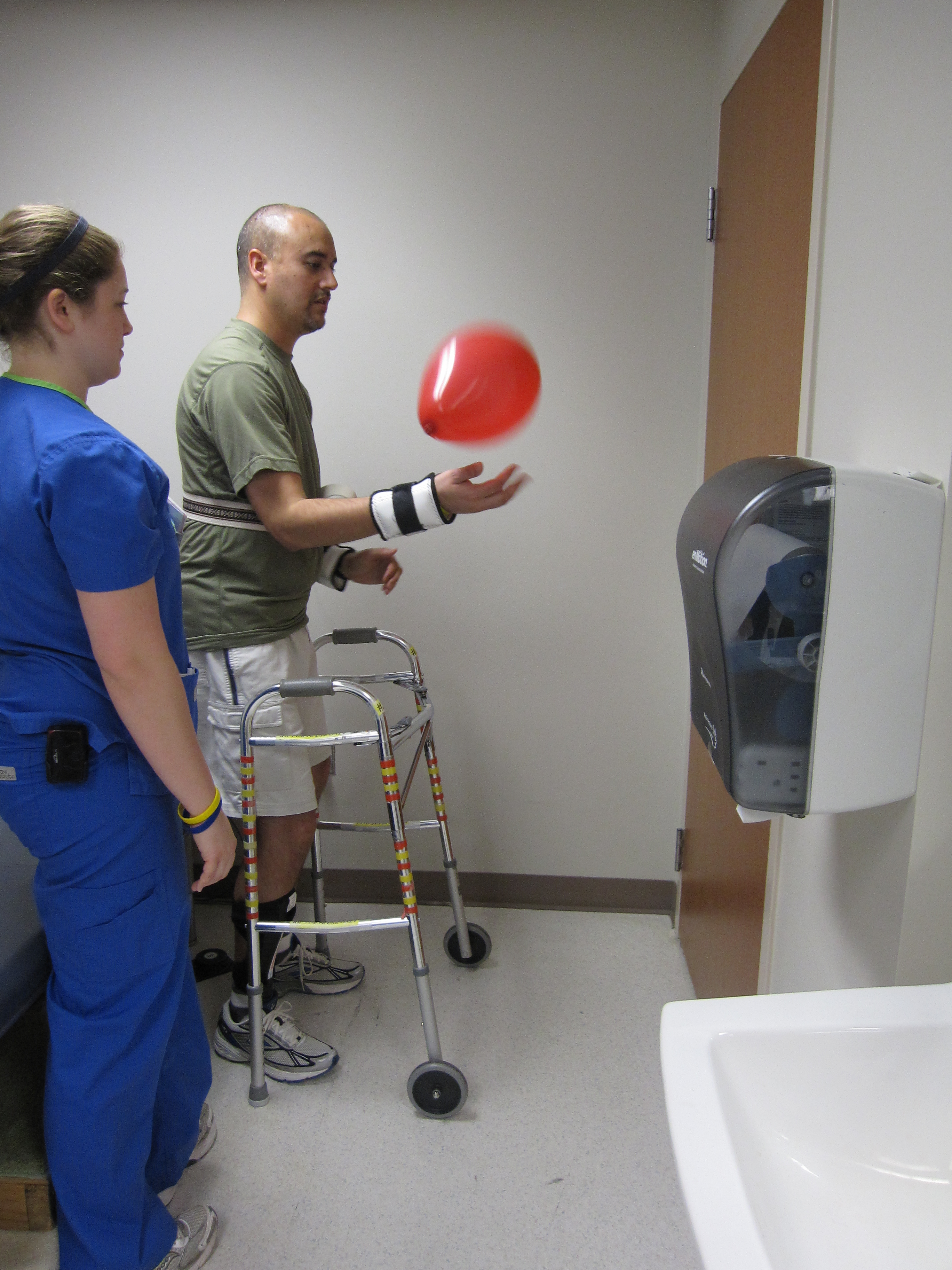Stroke is a medical emergency occurring when there is a blockage to the brain from getting sufficient flow of blood, a blocked blood vessel, or a bleeding in the brain would result in stroke. Naturally, blood brings in oxygen and nutrients to brain cells. If blood can't flow to a part of the brain, then cells would be unable to receive sufficient oxygen, they would suffer, and eventually die.
Once there is a death of a brain cell, there can be no repair. In some cases, new brain cells can replace the lost ones according to growing evidence, but this will take time and happens more slowly amongst older adults. This is all the more reason why a person with a stroke may find it difficult to speak, walk, or think.
Strokes are of two major types, ischemic stroke and hemorrhagic stroke. The most common type of stroke is ischemic stroke, and it happens when there is a blood clot or the narrowing of a blood vessel, which reduces blood flow to the brain. This way, blood is prevented from flowing to other parts of the brain, and oxygen and nutrients, too, are prevented from getting to brain cells.
Most often, ischemic strokes are usually caused by; thrombosis which is a clot that forms in a blood vessel of the neck or brain, stenosis which is a blood vessel in the brain narrows, usually happening as a result of fatty deposits lining the walls of the artery, and embolism which is the final one is a clot that moves to other parts of the body, from the heart to the neck or the brain.
Hemorrhagic stroke is the second major stroke type, marked by a burst blood vessel causing blood to leak into or around the brain. Once this break happens, there is a reduction in the delivery of nutrients and oxygen to the brain cells, and it also exposes the brain tissue to toxic substances, which could cause the cells to die. This bleeding will also increase pressure inside the skull, and it can compress brain tissue and further cause damage.
Transient ischemic attack (TIA) is a mini-stroke or a warning stroke that lasts for a short time, maybe within minutes or hours, and then goes away. If this is not treated on time, it may only take hours or days before it becomes a case of major stroke. The earlier there is medical treatment, the higher the chances of recovery are.
Some signs of stroke may begin to present themselves about a month before the stroke happens; these early stroke signs should not be ignored at all. Numbness or weakness affecting one side of the face, body, arm or leg, inability to see either with one eye or with the both, getting confused, suddenly having difficulty to walk, dizziness, seizure or fainting, one of the arm becomes weak or numb, consistent headaches without a reasonable cause and so forth.
The acronym BE FAST has become what medical experts use to teach people about the signs they need to watch out for. The B stands for balance, watching for a sudden loss of balance, the E stands for eyes, vision loss in one or both eyes, the F stands for smile, describing a droop on one or both sides of the face, the A stands for arms, which means one arm will sag or drop in a way that it doesn't normally happens, the S stands for a slurred speech, or inability to choose the appropriate words to say, and finally, the T is important, and a call for immediate help, also watching the time to understand how long it took will help your healthcare provider have a better insight about what is going on.
Stroke can happen to anyone, but more often amongst people who are older than 65 years of age, people who use recreational or nonprescription drugs, and those who smoke or use other forms of tobacco. The presence of some health conditions can also increase the risk of stroke, COVID-19, frequent migraine, type 2 diabetes, hypertension, and hyperlipidemia.
The available treatment for stroke is greatly dependent on the type of stroke, the affected area of the brain, and how much the stroke has caused damage to the brain. But a healthcare professional will tell you exactly what the best course of treatment is. The options are usually stroke rehabilitation, where the help offered here will help to adjust to the changes in the body and brain after a stroke, with which former abilities could be regained or adjustments are learned to new disabilities. A combination of occupational therapy, physical therapy, speech therapy, and cognitive rehab may be advised.
Stroke is a serious condition that can cause permanent damage to the affected patients. Ischemic strokes will cause a better outcome than hemorrhagic strokes; this does not mean recovery will be easier, faster, or better with ischemic stroke. How soon treatment happens, overall health, and the area of the brain affected all contribute significantly to stroke recovery.
Now that you have been patient enough to read up till this point, let me tell share with you some of the things you can do to reduce your chances of getting this unfavorable condition called stroke is to, check your blood pressure regularly, control your cholesterol, avoid smoking, eat healthy, regularly exercise, manage blood thinners, and control diabetes.
For Further Studies.
https://my.clevelandclinic.org/health/diseases/5601-stroke
https://www.nia.nih.gov/health/stroke/stroke-signs-causes-and-treatment
https://www.medicalnewstoday.com/articles/321778#recovery
https://www.cardiacscreen.co.uk/what-are-the-early-warning-signs-of-a-stroke.php
https://stjohns.ufhealth.org/news-and-blogs/2023/july/10-warning-signs-for-stroke-you-shouldnt-ignore/
https://www.medicalnewstoday.com/articles/321717

Hi, I am Tobi, a writer, speaker, relationship blogger, and lover of good music. I love making friends and learning from people. Want to hear me speak on relationships and general life issues? You can find my YouTube channel where you can listen and watch any episode for free. Please, do not forget to subscribe, friends. I sincerely appreciate every love I get from here. Kindly do well to keep them coming.
